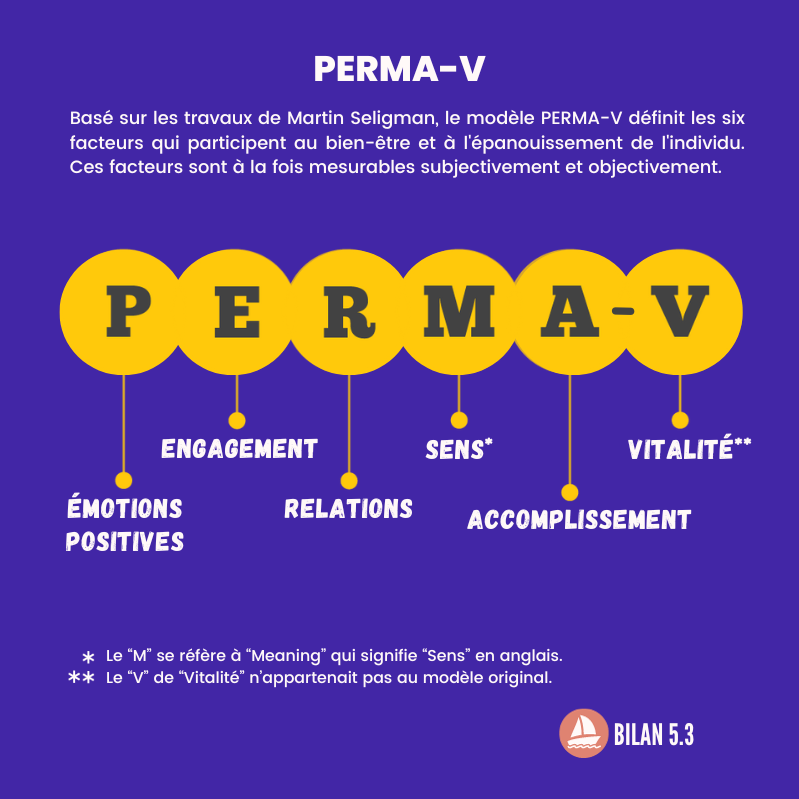The separation of a couple is already known to be an experience impacting the mental health of children, since they are subsequently at risk of developing anxiety or depression. But researchers at the UCL Institute of Education (UK) have now defined the period during which children are most emotionally sensitive to their parents’ divorce.
Data from over 6,000 children born in the UK at the end of the last century and followed by the Millennium Cohort Study were analyzed. The team of scientists looked at the feeling of bad mood, anxiety levels and different behaviors of children aged three, five, seven, eleven and fourteen.
Sensitivity to the dynamics of relationships
The results, published in the journal Social Science and Medicine and commented on the UCL Institute of Education website this Thursday, January 17, finally revealed that the children whose parents separate between their 7 and 14 years old are more likely (+ 16%) to suffer from emotional and behavioral problems than those whose parents stay together. Among older children, the most serious difficulties such as disobedience, for example, were observed mainly in boys.
On the other hand, children whose parents separate between the ages of 3 and 7, or after their 14th birthday, have the same risks of developing such problems as those who still live with both parents. Study co-author and professor at Emla Fitzsimons University explains: “One of the possible reasons is that children are more sensitive to relationship dynamics at this age. Family separations can also further disrupt schooling and peer relationships at this stage of childhood. “
“Our study focuses on the role of family separation. It shows that family divisions that occur in late childhood, but not at an early age, are detrimental to adolescent mental health ”, she concludes.
Read also :
- Divorce is bad for your health
- Is divorce linked to genetics?
- Anxiety and depression, as bad as smoking and obesity














